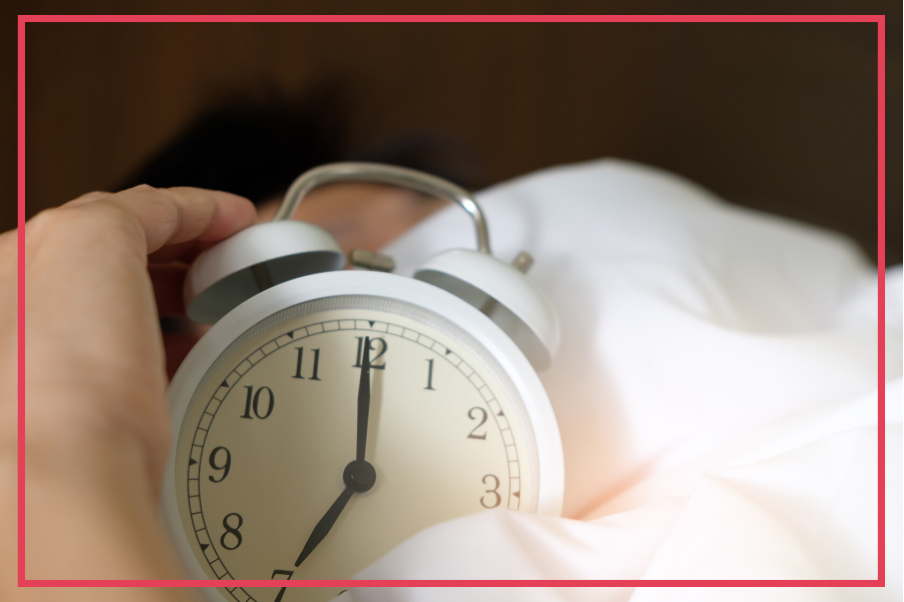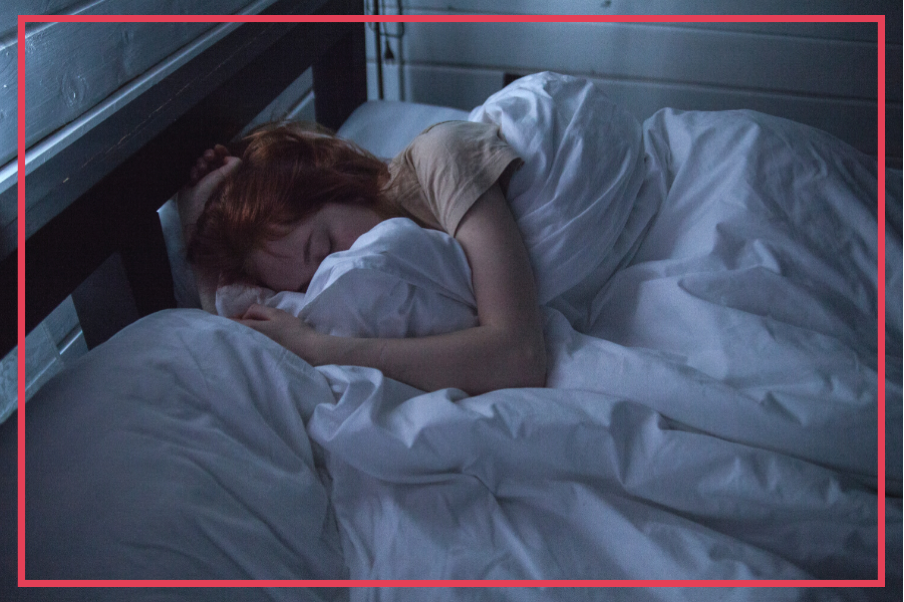The three pillars of a healthy lifestyle are- a balanced diet, physical exercise and a good sleep. Experts believe that sleep is just as important as food and water. The amount of sleep you are getting can affect everything- your metabolism, brain function, mood and immunity.
It can dramatically hinder or improve your life in various ways. Despite this, many of us are not getting enough sleep. We choose to spend our nights binge-watching or overworking and then waking up grumpily in the morning. This can adversely affect our health.
Sleep deprivation can make it difficult for you to concentrate on the most minimal tasks. How much sleep did you get last night? Or the week before? Keeping a track of your sleeping patterns might not seem an urgent priority to you. However, it is critical to your health in many ways.
In this article, I will help you understand and calculate the bed hours, your wake-up time, share a few tips for a good night sleep and the best time to go to bed. We will take a closer look at the different stages of the sleep cycle as well as its health benefits.
How Many Hours Of Sleep Do You Need?

For majority of people, the wake-up time is constant. However, what time you go to sleep can vary from individual to individual. It depends on a variety of factors like- work schedule, social life, health factors, familial responsibilities or I might say, the new trend of Netflix and chill.
To adopt a good sleeping routine, a person needs to figure out exactly how much sleep they need. It is only after this step that they can determine the time to go to bed and waking up for optimal health.
The amount of sleep you need changes throughout your lifetime. Although, there are no set of rules or stringent guidelines to abide by. Some people tend to sleep more than others due to many underlying factors.
It largely depends on various factors but the most important one is- age. National Sleep Foundation (NSF) has recommended this general guideline of sleep to be followed:
- Newborns (0-3 months) need 14-17 hours
- Infants (4-11 months) need 12-15 hours
- Toddlers (1-2 years) need 11-14 hours
- Preschoolers (3-5) need 10-13 hours
- Children (6-13) need 9-11 hours
- Teenagers (14-17) need 8-10 hours
- Adults (18-64) need 7-9 hours
How To Get The Right Amount Of Sleep?
This the general framework which works universally. The NSF reported that on an average, people take 10-20 minutes to fall sleep. Bedtime is based upon:
- Your wake-up time
- Completing five or six 90-minute sleep cycles
- Allowing 15 minutes to fall asleep.
The calculation below assumes that a person takes 15 minutes. If you tend to take longer, then adjust your bed time accordingly.
| WAKE UP TIME | BEDTIME( TO GET 8 HOURS OF SLEEP) |
| 4:00 A.M. | 7:45 P.M. |
| 4:30 A.M. | 8:15 P.M. |
| 5:00 A.M. | 8:45 P.M. |
| 5:30 A.M. | 9:15 P.M. |
| 6:00 A.M. | 9:45 A.M. |
| 6:30 A.M. | 10:15 P.M. |
| 7:00 A.M. | 10:45 A.M. |
| 7:30 A.M. | 11:15P.M. |
| 8:00 A.M. | 11:45 P.M. |
| 8:30 A.M. | 12:15 A.M. |
What Are The Stages Of Sleep?

You must have heard that your body goes through a series of stages as you sleep. What exactly are these stages? How do they affect you? Sleep is a lot more than you anticipated. While you are in a slumber, the activity in your brain goes through these different stages.
When you fall asleep, your body undergoes several cycles of sleep. There are two main types of sleep:
- Non-rapid eye movement (NREM)- Also known as quiet sleep.
- Rapid eye movement (REM)- also known as active sleep or paradoxical sleep.
To feel properly rested, the body must go through rapid eye movement (REM) sleep and non-REM sleep.
NREM STAGE 1
It is a relatively light stage of sleep and marks the beginning. It marks the transition between being awake and falling asleep. This lasts only for a few minutes. (around five to ten minutes) Heart rate, breathing and brain begin to slow.
NREM STAGE 2
This stage happens before the body enters a deep sleep. It lasts approximately for 20 minutes. According to the American Sleep Foundation, people spend 50% of their total sleep in this stage.
You become less aware of your surroundings. Your muscles begin to relax. Your breathing and heart rate become more regular. Body temperature drops.
NREM STAGE 3
You need to reach this stage to feel rested. This phase of deep sleep lasts longer in the first half of the night. People become less responsive to noises and activities taking place in the environment. It is a transitional period between light sleep and a very deep sleep.
Your muscles relax, blood pressure and breathing rate drop significantly.
REM SLEEP
REM sleep is characterized by eye movement, increased brain activity and respiration rate. Most of the dreams occur in this fourth stage of sleep. The American Sleep Foundation suggested that people spend 20% of their total sleep in this stage.
It is called paradoxical sleep because while the body systems and brain become more active, muscles become relaxed. During this stage, your eyes move back and forth rapidly. This stage impacts your mental and physical performance even after you wake up. You would want to wake up at the end of all these stages. Otherwise, you wake up feeling groggy and fatigued. If your body doesn’t go through these stages, you might feel unfocused upon waking up. You feel more rejuvenated and energized if you wake up the competing end of a sleep cycle.
What Are The Health Benefits Of A Good Sleep?

- Helps with weight management
- Improves your concentration and performance throughout the day
- Boosts your immunity, brain function and productivity
- Reduce your stress levels
- Keep your heart healthy
- Take care of your mental health and emotional-wellbeing
Tips for a Good night sleep
- Limit alcohol, caffeine, and nicotine before going to bed
- Exercise regularly
- Avoid looking at screens like TV, mobile phones, and laptops
- Try to sleep and wake up at the same time every day
- Try not to take long naps in the afternoon or evening
- Adopt a healthy bedtime ritual
- Close your eyes and relax all the tensions in your body
Conclusion
A good night sleep is vital for a healthy functioning body. Try to aim for 7-9 hours of sleep each night. Use a sleep calculator and figure out the time which works the best for you. Sleeping on time can make a big difference in your life. If you have trouble falling asleep and all these changes are proving ineffective, go see a doctor. This can help you identify any underlying disorders.
We hope you enjoyed this blog on “Tips for a good night sleep”. We would love to hear your thoughts on this blog.
Please comment below and if you like this blog share it with your friends and family.
Subscribe to our newsletter so you don’t miss any of our blogs – Click here to Subscribe!
Featured image courtesy: Canva
Socially Desi is a blogging website which focuses on Personal Development, Mental Health, Minimalism, Business & Entrepreneurship, Life Hacks and Relationships
